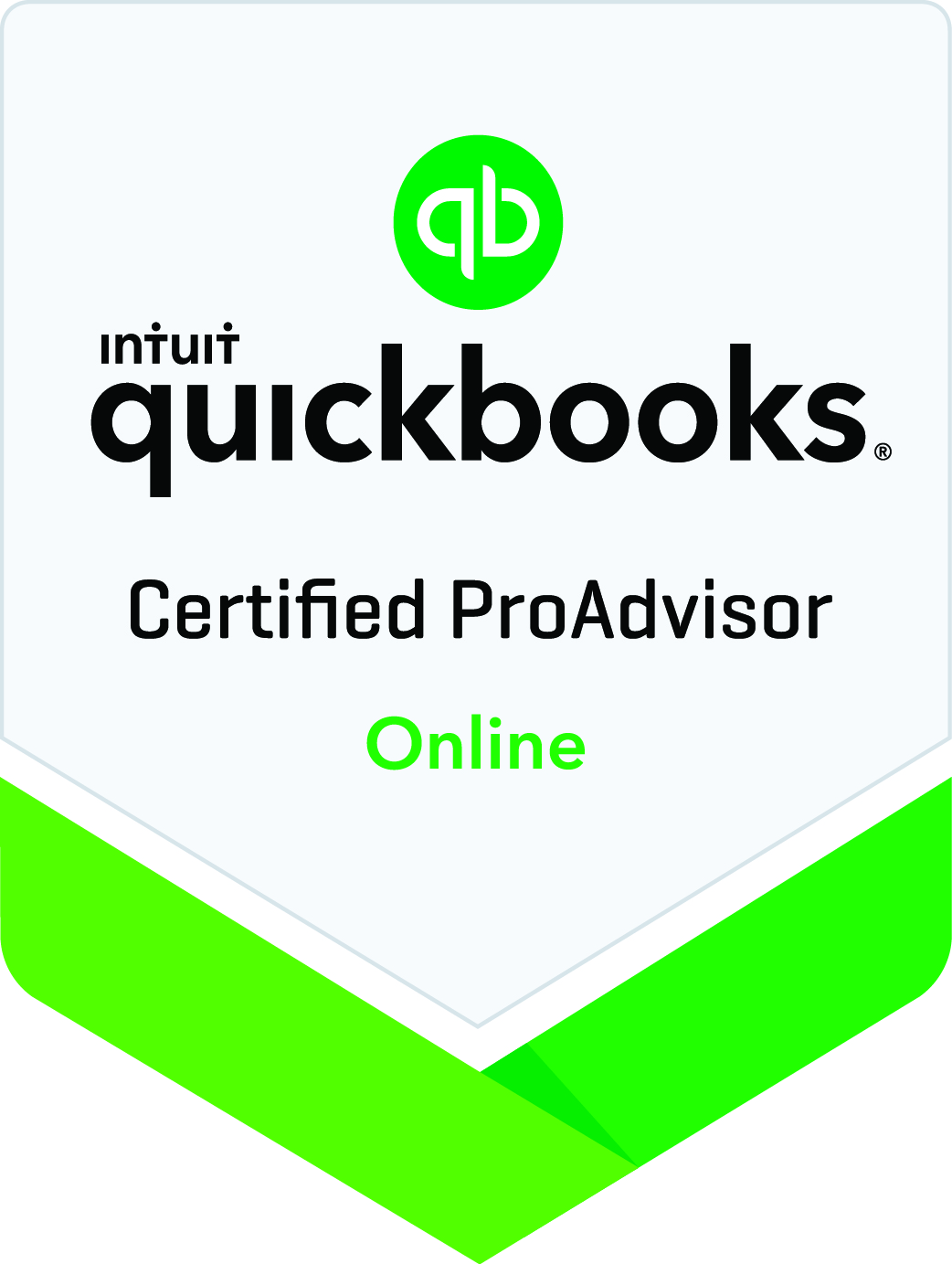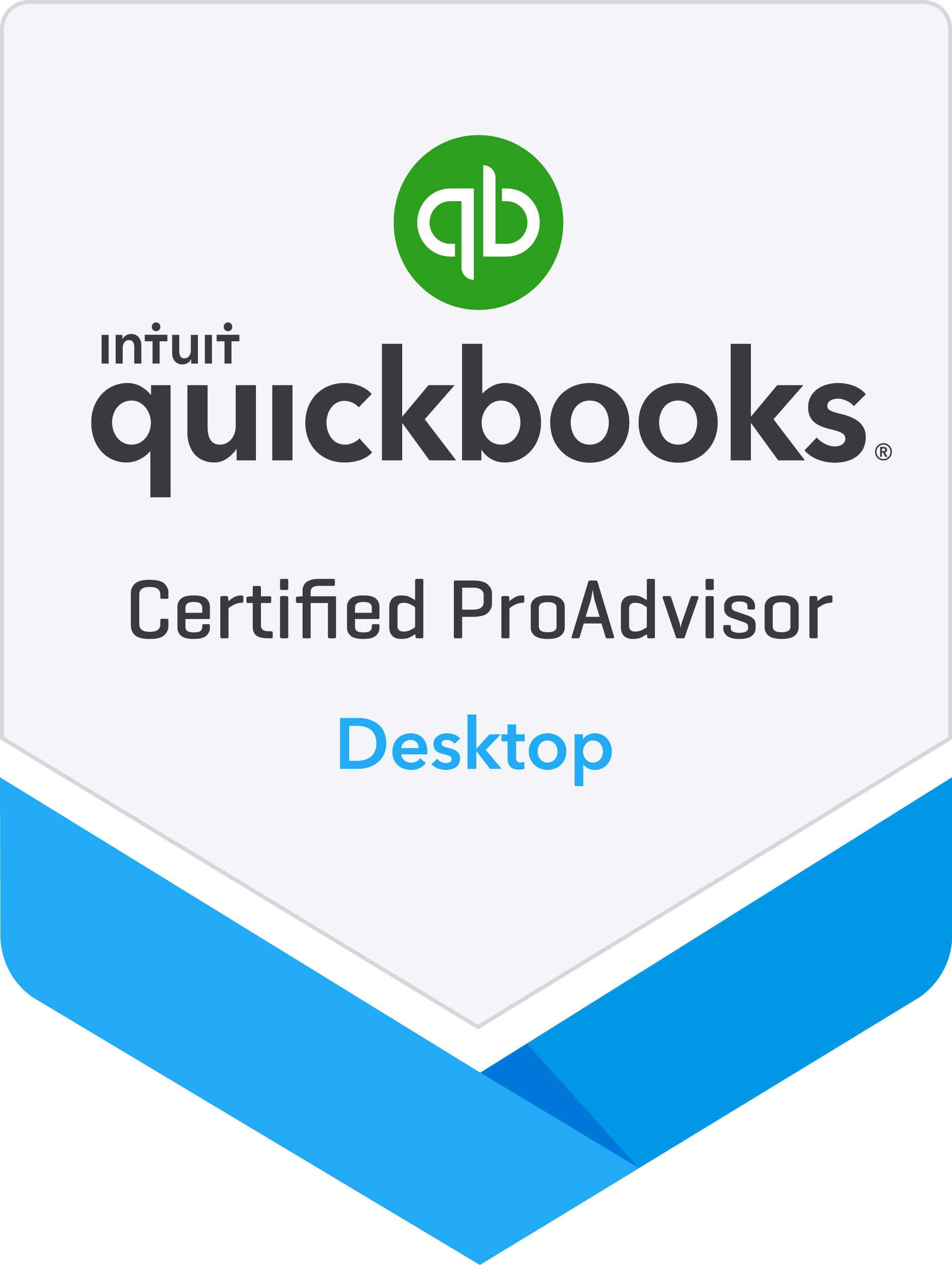Estate Planning Checklist
Benjamin Franklin once claimed there are two things in life that are inevitable: death and taxes. In the case of those people who die without a will and proper estate planning, the adage can easily be altered to: death and more taxes.
The wise Benjamin Franklin also once said, "failing to prepare, you are preparing to fail." So allow me to help you complete a few simple steps to ensure that you are ready for the inevitable.
To get started, you just need to answer these six questions and you will be well on your way to meeting your estate planning goals.
What do you own?
Legally, your money and possessions are called "assets." Make a list of your bank accounts, TFSA, RSP, and other investment accounts. Then list any real estate, vehicles, and boats you own. Finally, list other valuables, including jewelry, antiques, art, and collectibles. You do not have to list every piece of furniture or pair of earrings, just focus on the things that are most valuable or that you know you want to leave to a specific person.
Who gets what?
Many people leave everything to their spouse in their will or trust. Even if you do this, you should decide to whom your assets will be passed on if your spouse dies before you do. For example, some people leave everything to their children equally, while others leave specific things to certain people.
Who will be your executor?
An executor is the person responsible for filing paperwork and tax returns after your death and distributing your assets to your beneficiaries. Pick someone who is trustworthy, comfortable taking on these administrative tasks, and able to deal with other family members. Then choose a backup executor in case your first choice is unable to serve.
Who will make financial decisions for you, if you cannot?
A durable power of attorney allows someone else to step in and handle your financial and legal affairs if you become sick or incapacitated and cannot handle them. Choose someone who can handle your money responsibly, and make sure they are willing to do so; also pick an alternate.
Who will make your medical decisions if you cannot?
A healthcare power of attorney empowers someone else to make medical decisions for you if you are too ill or incapacitated to make them for yourself. Choose someone who is able to make tough decisions, who can communicate well with other family members and medical personnel, and whom you trust to do what is best for you, based on the desires that you will share with them. Have a backup in case the person you choose is unavailable.
What about a living will?
A living will, also known as an advance directive, explains what kind of medical treatment you want if you are terminally ill or in a persistent vegetative state and are unable to speak for yourself. Knowing what you would have wanted can make things easier for your family and healthcare providers if and when they face difficult decisions.
Once you have answered these six questions, the hard part is done. Now you simply need to contact your lawyer to have your wishes spelled out in professionally prepared legal documents.
If you already have a will and POA, you may want to update your will or consider establishing a trust.
A revocable living trust can allow your estate to bypass the probate process, which can be a lengthy and complicated procedure. Trusts can help preserve your assets if you have to go into a nursing home and they can provide for your spouse while preserving an inheritance for your children. Trusts can be complicated, but a consultation with Estate Stewards can help you decide if a trust is right for you.
The best estate planning is done before you need it. Whether you are starting at age 22 or age 62, take actions today to get your affairs in order. It is never too early to put these documents and protections in place so your loved ones will know your wishes and help to fulfill them when the time comes.
An improperly prepared estate will have little or no effect on you but a huge impact on your family, heirs and Executors. Prepare them for your departure, hopefully a long, long time from now, by preparing and updating your will and estate.
Written by:
Hamed Murad, BA, CIM Wealth Counsellor



